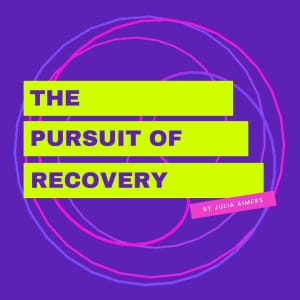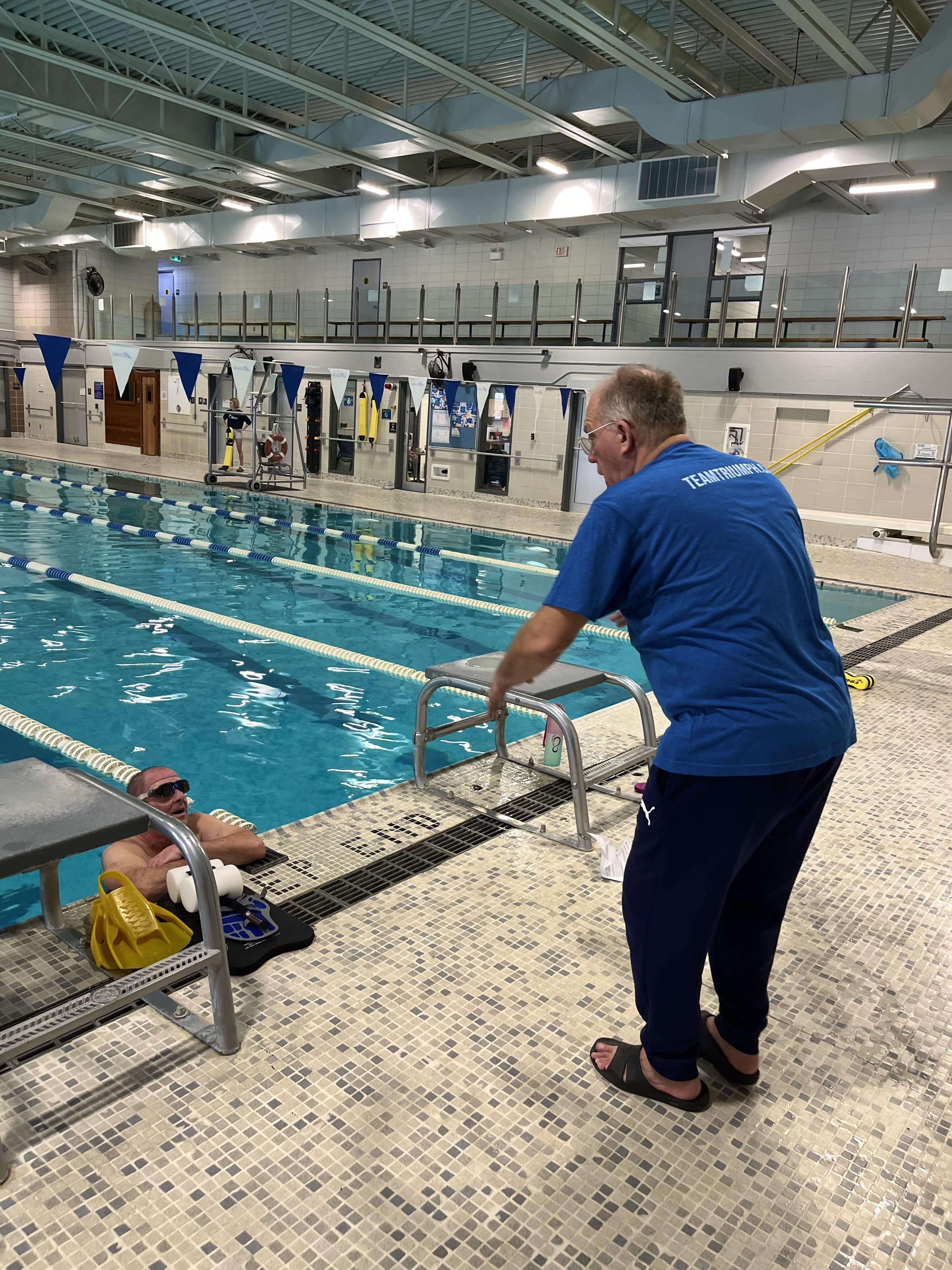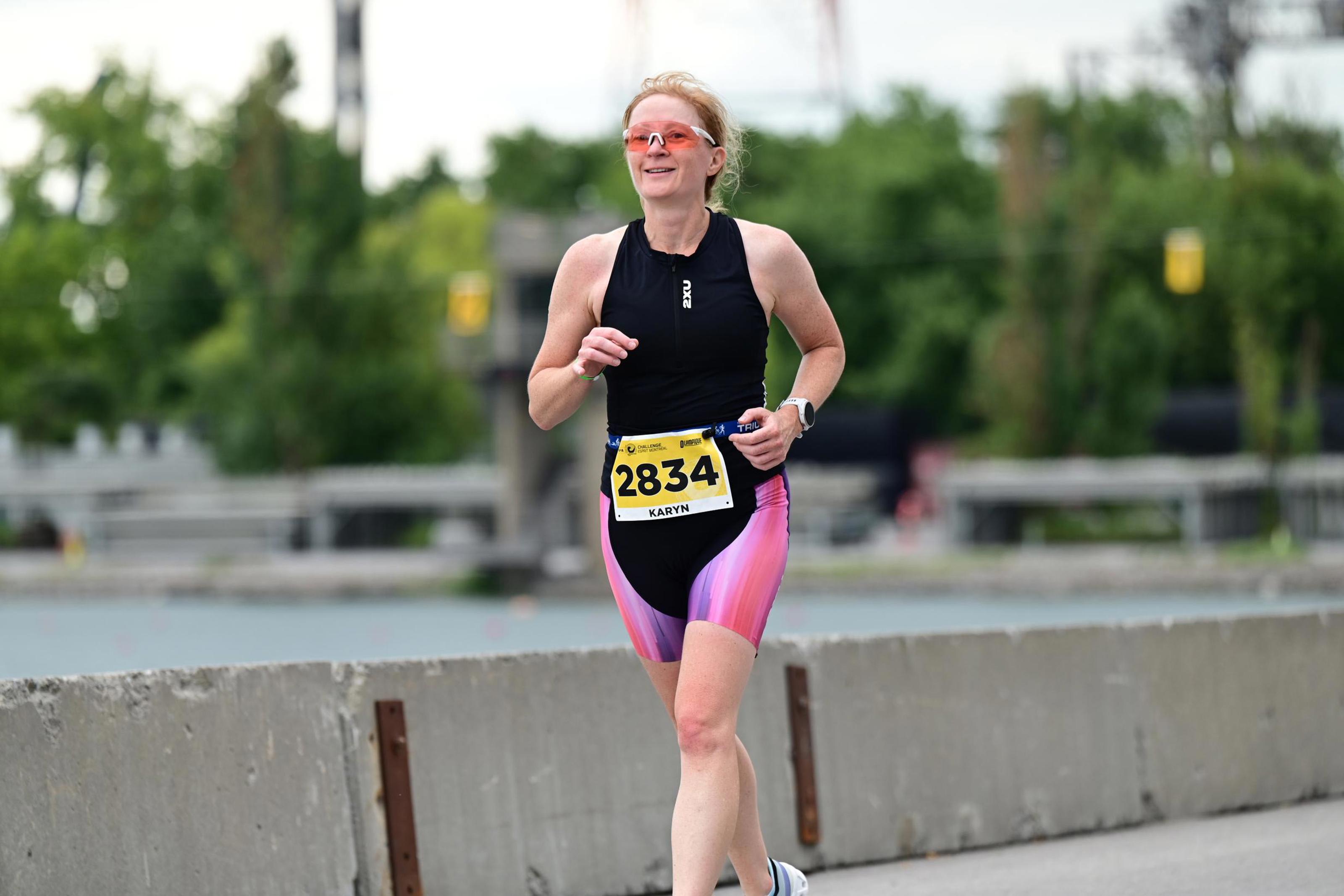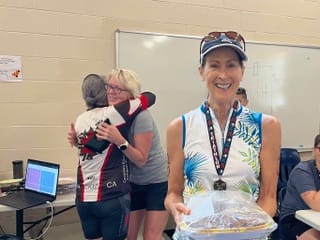
A common topic that comes up with our athletes is the question around overtraining and when to take a recovery day or week. As a triathlon coach, we do all of the strategic planning to put together an appropriately structured training plan but how each athlete reacts to the training stress can be completely different. As the science of exercise progresses, we are learning that metrics are a great tool to use for monitoring training stress. Using the Training Peaks coaching software, your coach can test for your training zones in all of your sports and then monitor how much training stress you accumulate. This Training Stress Balance (TSB) score is usually a pretty good indicator of what’s going on. Your coach can then adjust your plan accordingly by scheduling drop-in training weeks, rest days and recovery workouts. But what about (LSB), Life Stress Balance? During Covid, LSB is something all of us have had to deal with in different forms: employment, business ownership, older parents, relationship stress, home schooling, sleep interruption, kid stress, and the list goes on. How do we measure for this stress? Measuring HRV (Heart Rate Variability) or the milliseconds between heart beats is another tool we use to look at when a recovery day or week is in the cards. Products like Ithlete measure your HRV and can predict whether it’s better to take it easy or go hard. This tool takes measuring your morning heart rate to the next level. One of my favourite metrics is the stair test. Have you ever really paid attention to how you feel when you are going up the stairs? Next time you go upstairs, ask yourself whether you’re running, bouncing or if your legs feel like they are stuck in the mud. I like to use a scale of 1-5. 1/5 being running up the stairs and 5 being like an Everest climb. If you’re hitting 4 or 5 on the scale, that’s a sign you need a recovery workout or day off. If 5/5 persists, it's time to take a drop week. Paying attention to how you feel is the best indicator of them all! By following a polarized and periodized training plan that allows for drop weeks and balances high intensity and low intensity workouts this will help you avoid being overtrained. It’s important to communicate with your coach so they can massage the plan to fit your life! Women who still have menstrual cycles may consider having their drop weeks when they are in the PMS phase, older adults may consider having a drop week every 3 weeks instead of every 4. Your coach can discuss the options to help with the plan. Remember, The Pursuit of Recovery is just as important as the actual training so be sure to pay attention to avoid being overtrained and potentially getting injured or ill. Julia Aimers is a Clinical Exercise Physiologist, High Performance Specialist and Certified Triathlon and USA Cycling Coach. She is the Founder and Head Coach of Team Triumph Triathlon Club and Triumph Triathlon Shop.

I would highly recommended Eric and Team Triumph!
Ian Ross

A year ago I could only tread water and had not run since childhood. With the amazing Virtual Olympic course, support, guidance, and tips from of all the folks at Team Triumph I've ended the season with my first Olympic distance triathlon under my belt and am hooked! Really looking forward to the 2025 season and even to the hard work over the winter to prepare. Karen Houle

I wanted to let you know that the Perth triathlon was a great experience, I somehow placed third in my age group! What a supportive group of participants (including Team Triumph athletes), cheering bystanders and volunteers.
Thanks to your swim lessons, I learned the technical basics and gained confidence to get back in the pool after decades. And it was really special doing this with Ann Laidlaw, my bestie for many years. We did a couple of additional swims with Kevin and Team Triumph people, also a great way to continue learning and practicing good technical form.
I will continue with lane swimming and who knows, maybe there's another triathlon in my future!